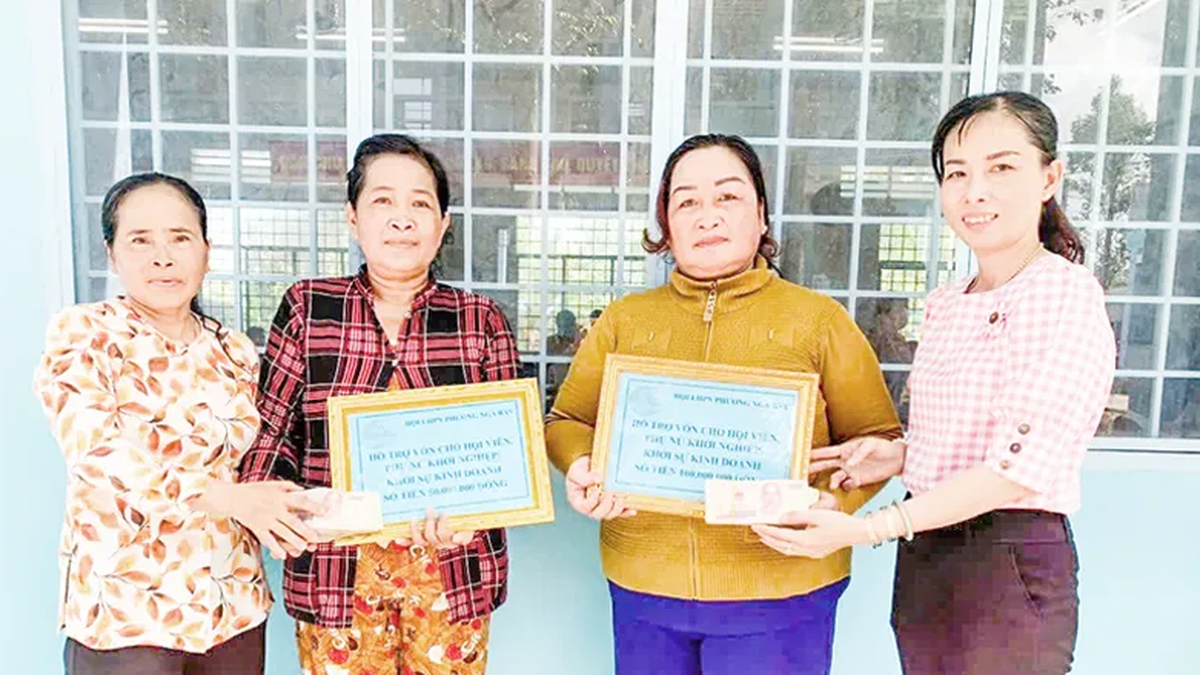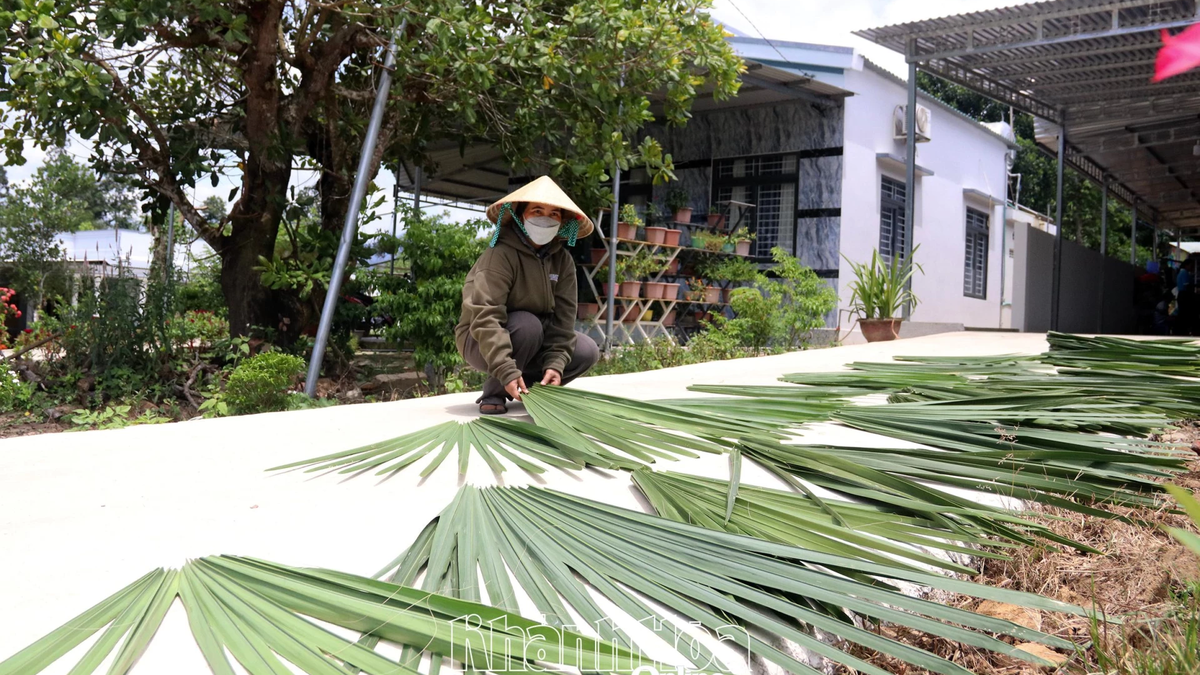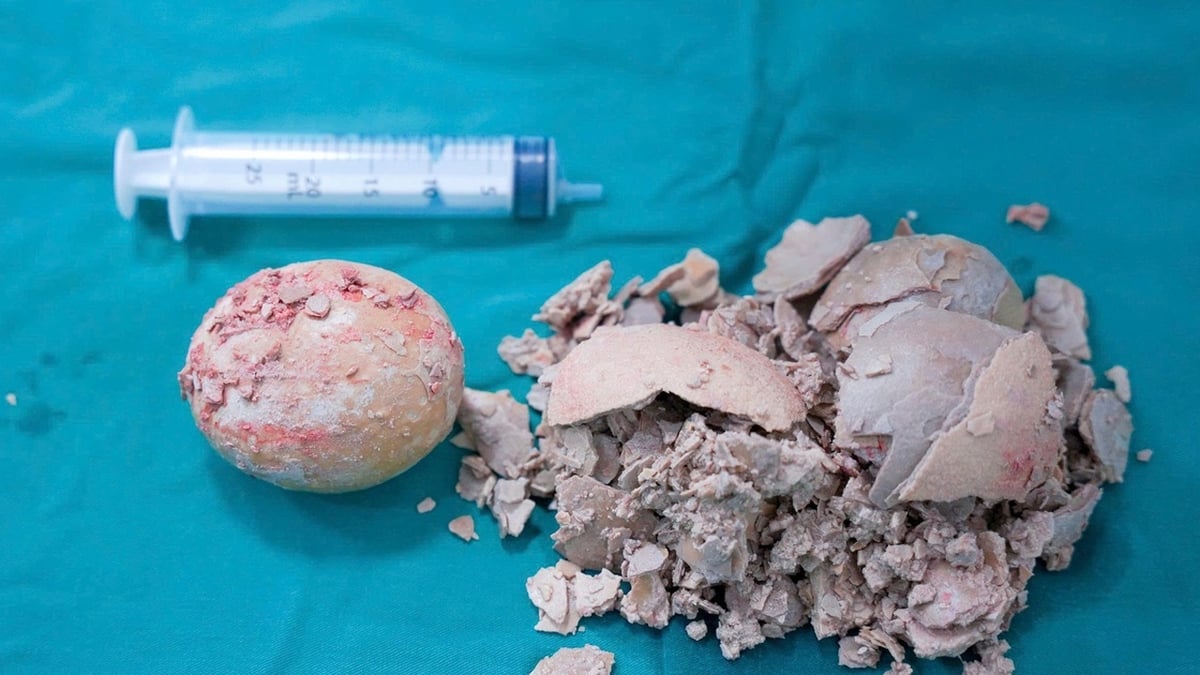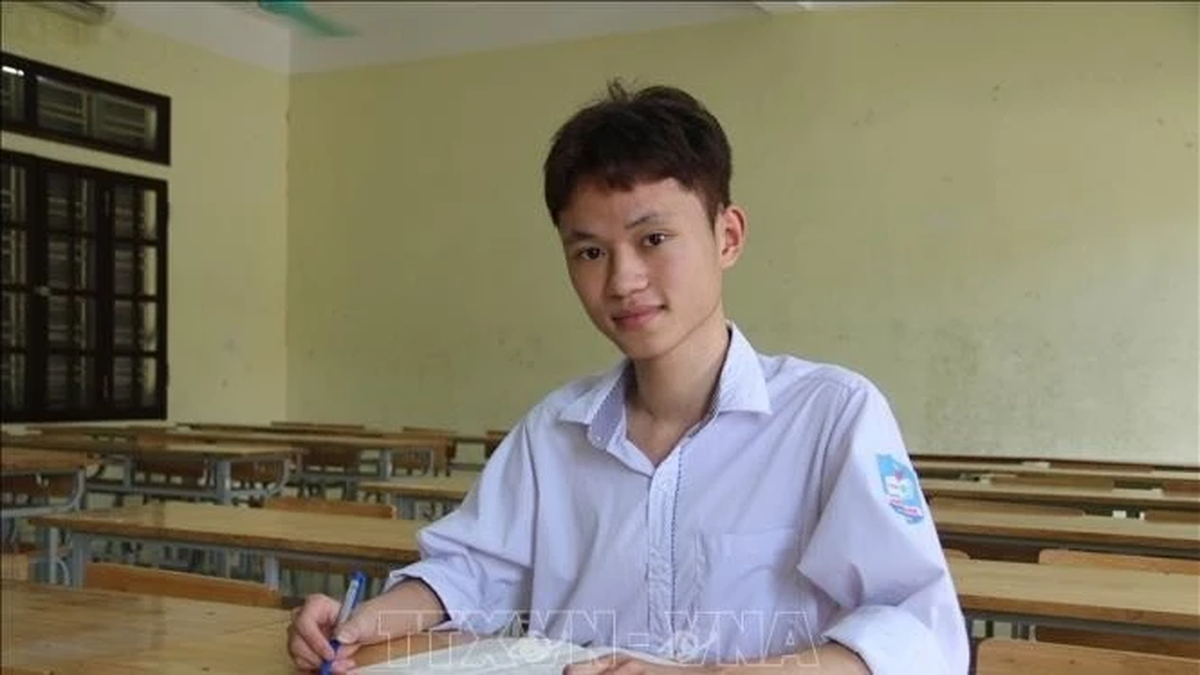The 7th cranial nerve controls the muscles in the facial area such as smiling, frowning, closing the eyes, puffing up the cheeks... When this nerve is damaged in the peripheral segment, the patient will lose the ability to control one side of the face, the mouth will be distorted, the face will sag, the eyes will not close properly, difficulty speaking and eating will be inconvenient.
Consequences of a sedentary, unhealthy lifestyle
Doctor Nguyen Phoi Hien, University of Medicine and Pharmacy Hospital, Ho Chi Minh City - Branch 3, said that according to the doctors' records during the first examination, most patients with peripheral facial nerve palsy have an irregular lifestyle such as:
- Sleep late, work hard, prolonged stress.
- Bathing late at night, going to bed with wet hair or being exposed to strong wind after bathing.
- Sitting in air conditioning for hours without keeping your face and neck warm.
- Weak constitution, poor immunity after illness or vaccination.

Do not shower late at night, go to bed with wet hair or expose yourself to strong wind after showering.
Photo: AI
Some other direct causes include:
Sudden cold : Accounts for up to 80% of cases, often occurring at night when the patient takes a late bath, lets the fan blow directly on the face while sleeping, or goes out without proper protection.
Viral infections : Especially herpes simplex (HSV-1), shingles (varicella-zoster), Epstein-Barr...
Prolonged ear, nose and throat infections such as otitis media and mastoiditis.
Cerebral circulation disorder : Occurs in people with underlying diseases such as high blood pressure, diabetes, atherosclerosis.
Trauma, brain tumors, skull base lesions : Less common but should be ruled out when there are associated neurological signs.
According to traditional medicine, peripheral facial nerve palsy belongs to the category of "mouth and eye evil" - often caused by cold wind, heat wind invasion or blood deficiency, blocking the meridians in the facial area.
The earlier the detection, the more effective the treatment.
The condition can start quickly and suddenly, after just one night of sleep or after exposure to cold, leaving the patient unable to respond. Common signs include:
- Mouth crooked to one side, unable to whistle or laugh evenly.
- Eyes cannot close, must use hands to support when sleeping.
- No more forehead wrinkles, paralyzed nasolabial folds.
- Drink water flows out, food remains in mouth.
- May be accompanied by earache, tinnitus, loss of taste.
- Some cases have pain in the jaw angle before the onset.
“If not treated early, the patient may suffer from prolonged facial muscle stiffness, facial imbalance, risk of “crocodile tears” syndrome - tears when chewing, corneal ulcers due to eyes not closing completely and difficulty in moving facial muscle groups,” Dr. Phoi Hien warned.

Regular exercise, nutritious diet, and adequate sleep prevent many diseases.
Photo: AI
“Golden time” for treatment
According to Dr. Hien, the effectiveness of treatment depends on the extent of nerve damage and the timing of intervention. If the patient comes to the clinic within the first 72 hours, the recovery rate can reach 80-90%.
To prevent disease effectively, young people need:
- Keep your head and neck warm when the weather changes, especially at night.
- Don't take a bath late at night, don't go out in the cold wind when your hair is still wet.
- Avoid sitting in air conditioning for too long, especially when sleeping.
- Exercise regularly, eat well, get enough sleep.
- When there are unusual signs, go to a medical facility immediately for diagnosis and early intervention.
“Peripheral facial nerve palsy is a warning sign of imbalance in the body, both physically and in the living environment. This is no longer a disease of the elderly but is gradually becoming a consequence of unreasonable living habits in young people. Therefore, do not be subjective when your face shows abnormal signs,” Dr. Phoi Hien advised.
Treatment of peripheral facial nerve palsy
According to Dr. Nguyen Phoi Hien, early detection, proper treatment, and a combination of Eastern and Western medicine is a comprehensive approach that helps patients recover quickly and prevents long-term complications.
Modern medicine - Internal medicine and physical therapy :
High dose corticosteroids: Helps reduce swelling and compression in the neural tube.
Antiviral drugs: Use if HSV, shingles are suspected.
B vitamins (B1, B6, B12): Support nerve regeneration.
Facial muscle exercises, mild electrical stimulation, heat therapy and massage support.
Traditional Medicine - Important role in recovery:
Acupuncture - moxibustion at facial acupoints such as Yifeng, Jiaxa, Hegu...
Catgut thread implantation: Helps stimulate continuously, reduces the number of treatments, suitable for people who do not have time to go to the hospital every day.
Oriental medicine: Depending on the disease, you can use medicine to dispel wind and cold, replenish qi and blood, and promote blood circulation.
Source: https://thanhnien.vn/bac-si-nguyen-nhan-dan-den-liet-day-than-kinh-so-7-o-nguoi-tre-185250523075228307.htm




















































![[Maritime News] More than 80% of global container shipping capacity is in the hands of MSC and major shipping alliances](https://vphoto.vietnam.vn/thumb/402x226/vietnam/resource/IMAGE/2025/7/16/6b4d586c984b4cbf8c5680352b9eaeb0)













































Comment (0)